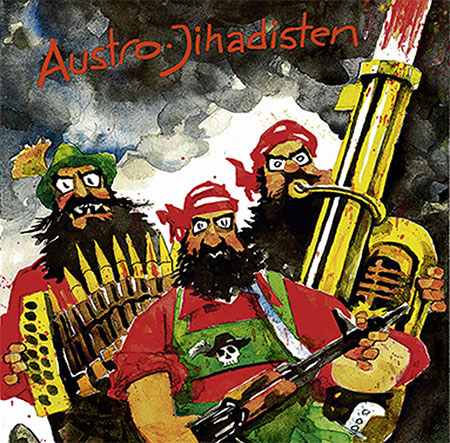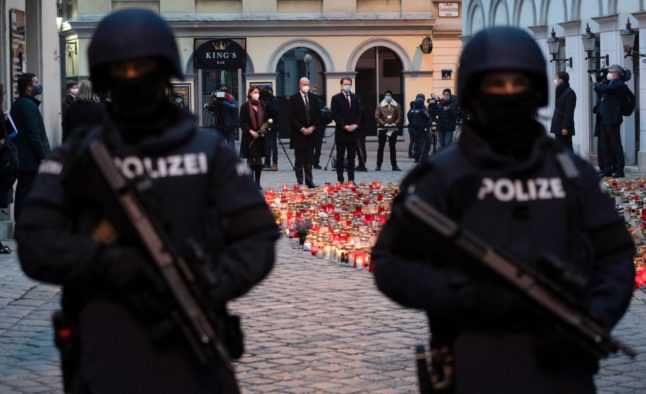The number of jihadists and radical Islamists based in Austria is increasing, Interior Minister Johanna Mikl-Leitner (ÖVP) said on Friday in Vienna.
Three of the ten alleged jihadists arrested earlier this week are thought to have returned from fighting in Syria, according to the Federal Office against Terrorism and for Protection of the Constitution (BVT).
Of the 130 people identified as jihadists by the authorities, the majority are thought to be Russian citizens, but 40 of them are believed to be Austrian citizens, according to Mikl-Leitner.
Two thirds have already returned from fighting abroad, and one third is currently fighting in Iraq or Syria, or on their way there.
SEE ALSO: Fifty Italians join the jihad in Iraq and Syria.
Last year Austria withdrew the asylum status of 96 Russian citizens who were identified as being involved in radicalization, Mikl-Leitner said.
She said this would also be the case for nine of the group recently arrested, who are thought to have come to Austria from Chechnya as refugees. She could not confirm how long this process would take.
The ten men are accused of belonging to and funding a terrorist organization, and of fraudulently claiming welfare to raise the money to go and fight abroad, said BVT director Konrad Kogler.
He said that the profile for those likely to become jihadists is becoming clear – young men, who often have no training and no prospects. Kogler appealed to parents and relatives to come forward if they believe a family member is being radicalized.
Mikl-Leitner said that mosques were increasingly a place where young men became radicalized, as well as online.
SPÖ justice spokesman Hannes Jarolim called for the state to be "sharp and clear" in reacting to cases of suspected jihadists. He said anyone joining extremists in war zones should immediately lose their asylum status or residence permit.
Justice Minister Wolfgang Brandstetter (ÖVP) called for joint action at European level against extremists who join the fight for an Islamic State. It is "high time to make these threatening developments a subject at European level," he told the Austrian press agency.

Austro-Jihadists. Photo: Kavkaz



 Please whitelist us to continue reading.
Please whitelist us to continue reading.
Member comments